How to Choose the Right Air Purifier for Your Home
When choosing an air purifier, there are several important factors to consider. First, you should consider the size of the room where it will be used. This will determine what type and size of air purifier is needed.
It is also important to look at the type of filter that is used in the unit. The filter should be able to capture particles as small as 0.3 microns or smaller, such as smoke, pollen, dust mites, and pet dander.
Additionally, noise level should be taken into account – higher quality air purifiers tend to have a lower noise output than cheaper models.
Finally, make sure the product has a good warranty and customer service support if issues arise in the future. All these factors will help you choose an air purifier that best fits your needs and budget.
Why Do I Need An Air Purifier?
Do I really need an air purifier? This is a question that many people ask themselves when considering the purchase of an air purifier. The simple answer is yes, you can benefit from the improved indoor air quality that an air purifier provides.
Air pollution poses a serious risk to the health of everyone and the benefits of an air purifier can help reduce the risks posed by air pollution. An air purifier helps to cleanse the air you breathe, removing particles such as dust, pollen, smoke and other contaminants.
Additionally, there are many other benefits of an air purifier including improved energy efficiency and reduced allergens in your home.
Ultimately, if you want to improve the quality of the air indoors and reduce any potential risks posed by air pollution then you should consider investing in an air purifier.

What Features Do I Need on My Air Purifier?
The most basic feature to look for is a filter system designed specifically for air purification. This will help reduce allergens, dust, and other pollutants from the air.
Additionally, you should also consider other features such as noise level, energy efficiency, and timer settings so that you can customize your air purifier to meet your specific needs.
Make sure to check if the device has any certifications or ratings from third-party sources that verify its effectiveness in removing common allergens or airborne contaminants.
Finally, be sure to look into how easy it is to replace filters and clean the unit when necessary ,this will ensure that your air purifier runs optimally at all times.
What Size Air Purifier Do I Need?
Generally speaking, it is recommended that you should have four air changes per hour, which means four volumes of air exchanged in an hour.
To achieve this, you need to choose a filter that can process at least four times the volume of your room.
For example, if your space has 200 cubic feet of air, then you should look for an air purifier that can process 800 cubic feet per hour or higher.
This way, you can ensure that your space is properly cleaned and that your health is not compromised due to bad indoor air quality.
What are the Different Types of Air Purifiers?
There are many different types of air purifiers available, ranging from portable units to larger, more permanent fixtures.
The most common type of air purifier is the HEPA filter, which stands for High Efficiency Particulate Air. This type of filter removes up to 99% of airborne particles, making it ideal for those suffering from allergies or asthma.
Other types of air purifiers include activated carbon filters, ultraviolet light filters, ozone generators, and four-stage filtration systems.
Portable air purifiers are great for those who need to move their unit from one room to another or even take it on the go.
For those looking for a more permanent solution, there are also home air purification systems that can be installed in your home. These systems come with replaceable filters that must be changed regularly in order to maintain good indoor air quality.
No matter what type of air purifier you choose, you can rest assured that your home will have cleaner air and a healthier environment thanks to a HEPA air purifier and regular filter replacement practices.
Air purifier buyer’s checklist
When purchasing an air purifier, there are a few things to keep in mind. First, you should determine the size of the room that will be using the filter; this is important as it will help you determine the type and size of filter needed.
Make sure to check for a HEPA filter, as these are known to be the most effective at removing airborne pollutants from the air. Additionally, consider a carbon filter if your main goal is to reduce odors.
Both filters work together to improve air quality and keep the air clean. After selecting a filter, look for features such as an automatic shut-off timer or an adjustable fan speed setting so that you can customize your air purifier’s performance.
Finally, read customer reviews online before making your purchase so that you can make an informed decision.
With these tips in mind, you’ll be able to find an air purifier perfect for your needs and help keep the air in your home or office clean and healthy!
Air purifiers: Bottom line
Depending on your needs, you may want to look into models that are designed to reduce allergens, dust, and other particles in the air. Some air purifiers also come with filters that are designed to remove odors, smoke, and other irritants from the air.
Additionally, many air purifiers come with additional features such as timers or UV lights for added convenience and effectiveness. Ultimately, when shopping for an air purifier, it is important to consider the price point you are comfortable with as well as the filter type and other features offered.
Doing so will ensure that you get the most out of your purchase and have clean air in your home for years to come.
Energy efficiency of air purifiers
With increasing air pollution in many cities, having a good air purifier can help you breathe cleaner air and reduce your risk of health problems associated with poor air quality. The best air purifiers are those that have been designed to maximize energy efficiency as well as performance.
These models use less electricity to operate while still providing effective cleaning of the air in your home. Best air purifiers also often come with additional features such as filters that help remove contaminants more efficiently and quiet operation so they don’t disrupt your daily activities.
Investing in a good quality energy efficient air purifier is one of the most effective ways to ensure that you have clean and safe air in your home or workplace.
How much space can an air purifier cover?
An air purifier can cover a wide range of areas depending on the size and type. The size of the room or space that an air purifier can cover varies significantly, but typically it can cover up to 400 square feet (37 square meters).
Smaller air purifiers are designed for smaller spaces, such as single rooms or apartments, while larger units can be used in larger areas like offices or homes.
In addition to area size, the efficiency of an air purifier also depends on the power of its fan and filtration system. Higher powered fans and filters provide better coverage in larger areas.
Air purifiers with HEPA filters are very good at filtering out small particles such as dust mites, pollen and pet dander.
They can also help reduce odors, smoke and other airborne pollutants. With proper care and maintenance, an effective air purifier can help keep a space free from harmful particles and keep the air clean and healthy for years to come.
How difficult is it to change air purifier filters?
Changing air purifier filters can be a bit of a challenge, depending on the type and model of air purifier you have. Generally, you will need to open up the housing and locate the filter, which may be located behind some kind of access panel or cover.
You will then need to remove the old filter and replace it with a new one. Some models may require special tools for removing and replacing the filter, while others simply require you to slide the old filter out and insert the new one.
It can also be difficult to find replacement filters if your model is not commonly available in stores or online. If that’s the case, you may need to contact the manufacturer directly to purchase replacement filters.
In any case, changing air purifier filters is not overly complicated but it can take some effort depending on your particular model.
I don’t live in a polluted city. Do I still need an air purifier?
Living in a non-polluted city is a blessing. But just because you don’t live in a particularly polluted city, it doesn’t mean that you are free from air quality concerns.
Even if you live in an area with relatively clean air, the air inside your home can still be unhealthy. There are many reasons why an air purifier might be beneficial for you even if you don’t live in a highly polluted city.
Indoor pollution sources like smoke, dust, pet dander and mold spores can still linger in the air and cause health problems such as asthma or allergies.
Secondly, even if your outdoor air quality is fairly clean, there may be times when the local conditions cause a spike in pollutant levels and so having an air purifier at home will help protect against these spikes.
Lastly, even if your local environment is not heavily polluted by industrial activities, vehicle exhaust and other man-made pollutants can still find their way into your home and create unhealthy living conditions.
So while it definitely helps to not live in a polluted city, having an air purifier installed in your home can help ensure that the indoor air quality remains healthy no matter what the outside conditions are like.
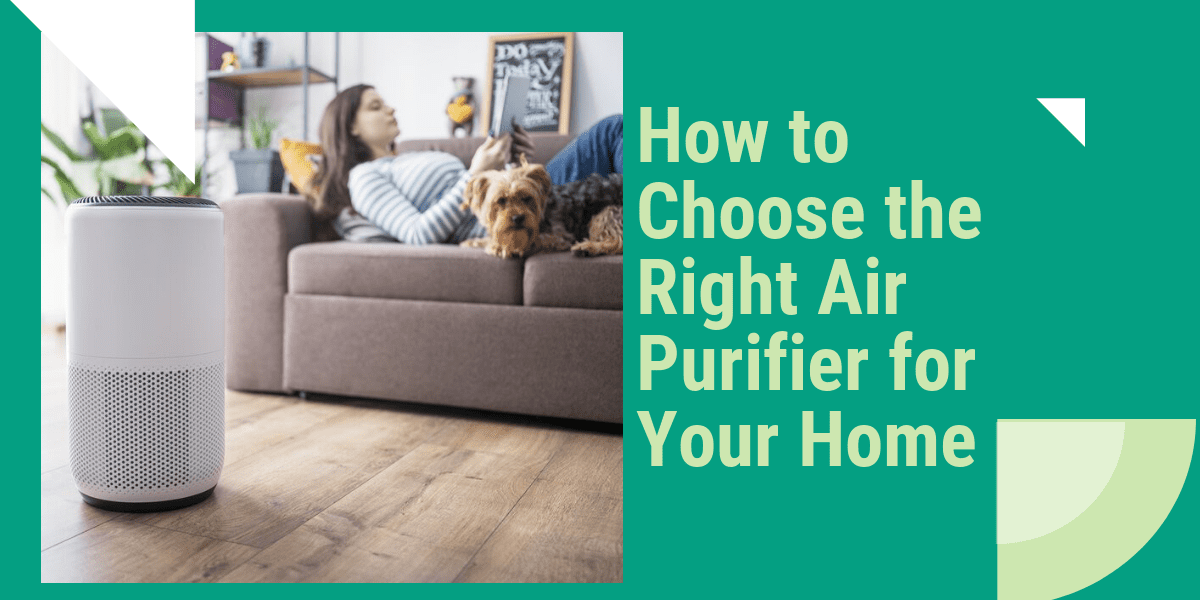
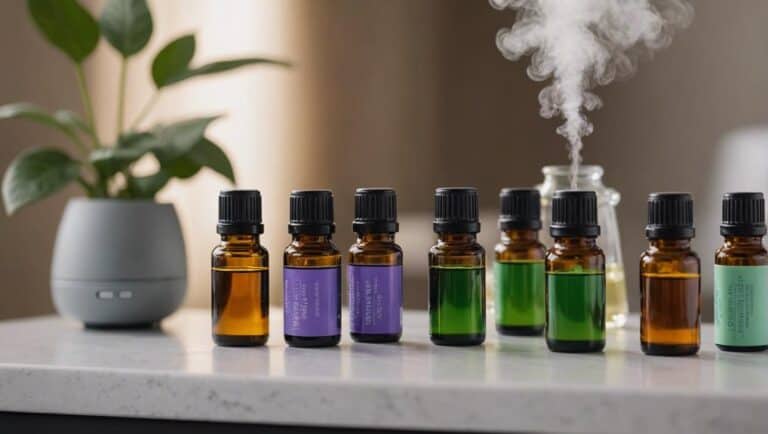
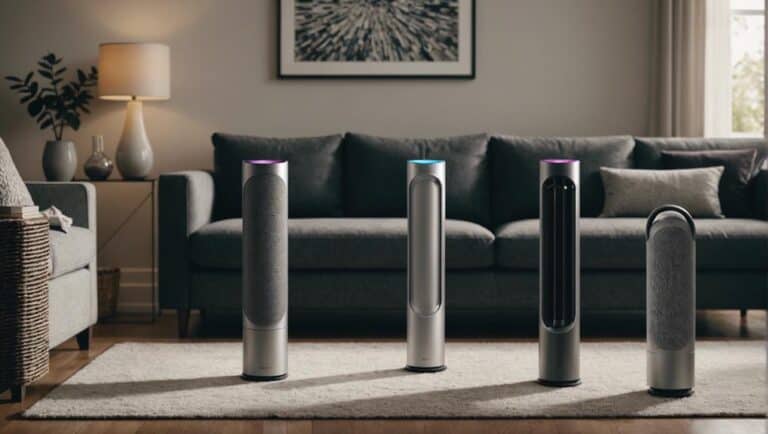
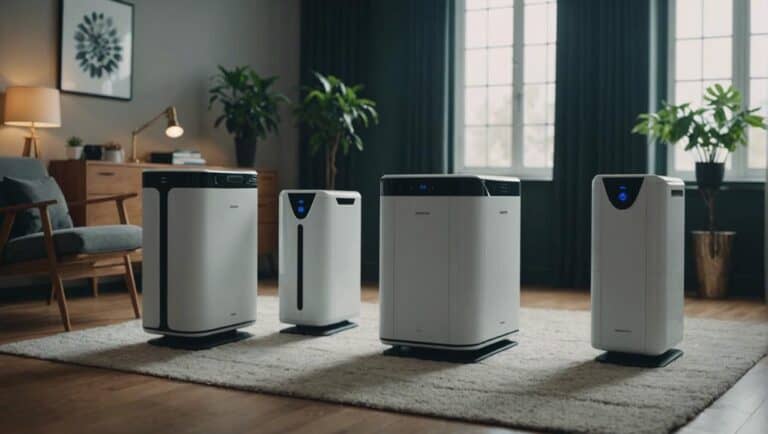
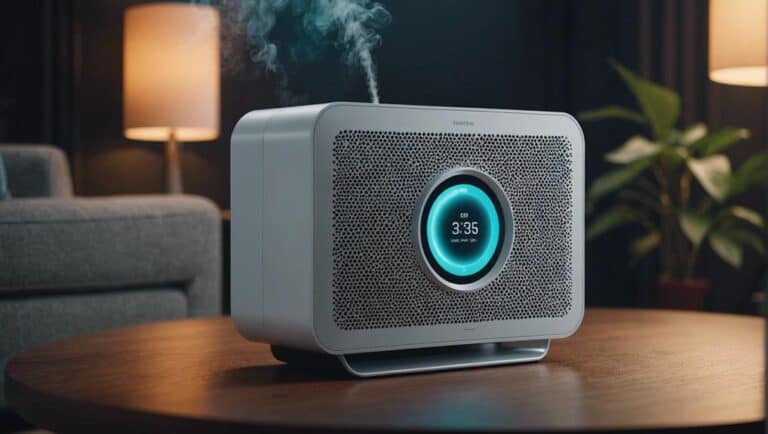
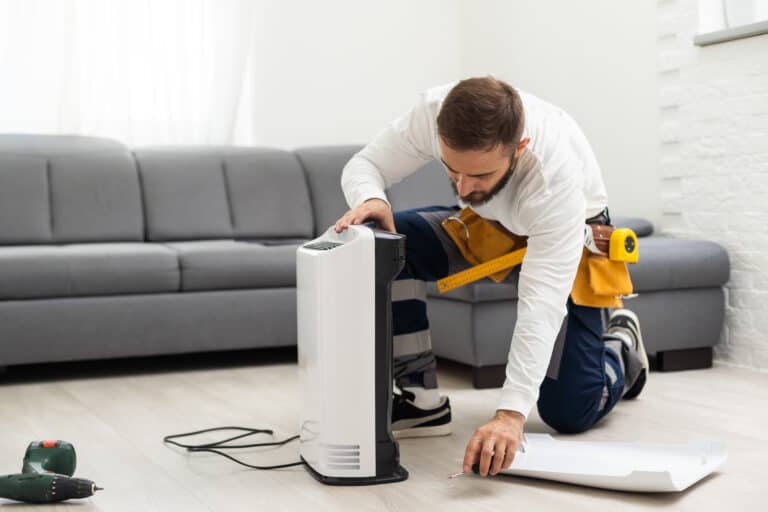
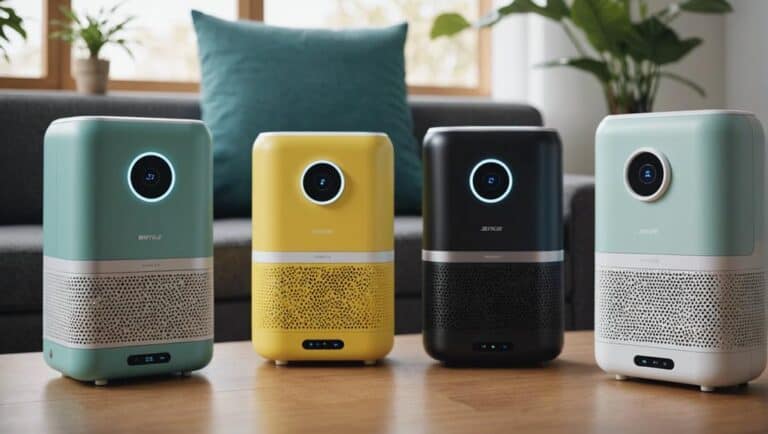
One Comment